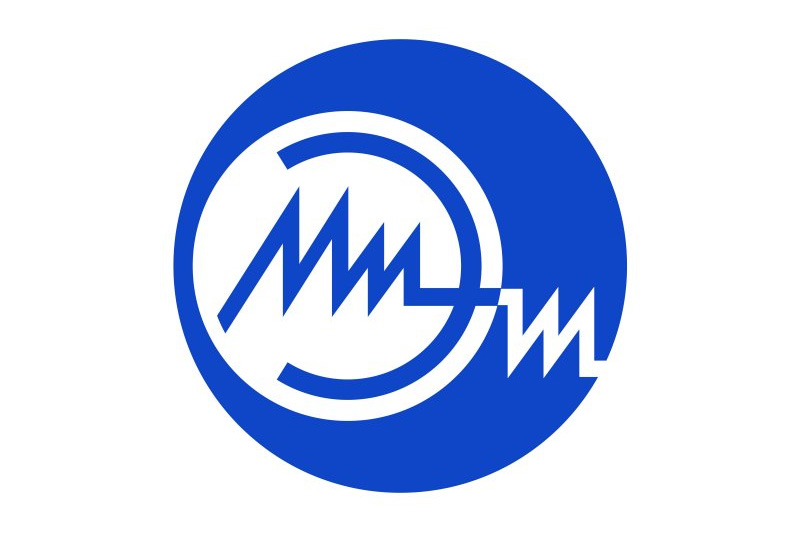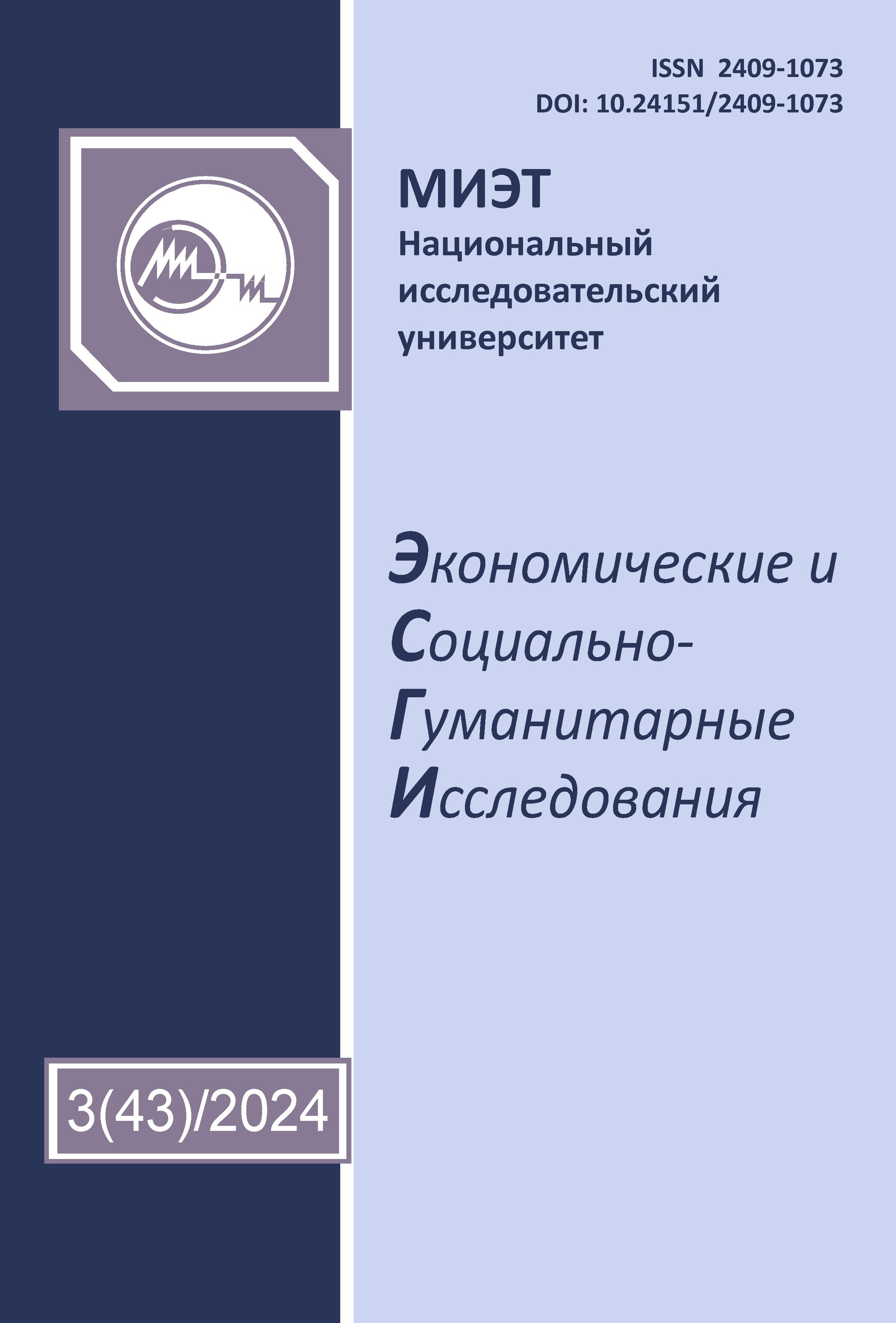student
Russian Federation
As the title implies the author examines the influence of the type of thinking on the educational process in universities. The results of a survey of first-year undergraduate students of the National Research University of Electronic Technology, conducted in order to determine the leading types of thinking among students, are given.
types of thinking, teaching/learning process, cognitive characteristics, students, learning effectiveness
1. Baydikova N. L., Davidenko E. S. “Personality Types in Teaching a Foreign Language to Extra vert and Introvert Non-Linguists Students in the Learner-Centred Context”. Vestnik MGLU. Obrazovaniye i pedagogicheskiye nauki = Vestnik of Moscow State Linguistic University. Education and Pedagogical Studies 2 (796) (2018): 155—163. (In Russian). EDN: https://elibrary.ru/UTXQFD.
2. Nurkova V. V., Berezanskaya N. B. General Psy chology: textbook for universities. 3rd ed., rev. and upd. Moscow: Yurayt, 2016. 524 p. (In Russian). Bakalavr i magistr. Akademicheskiy kurs.
3. Rezapkina G. V. Selection for Subject Oriented Classes. Moscow: Genezis, 2006. 124 p. (In Russian).
4. Tsirkin V. I., Trukhina S. I., Trukhin A. N. Neu rophysiology: Fundamentals of Psychophysiology: textbook for universities. 2nd ed., rev. and upd. Moscow: Yurayt, 2020. 577 p. (In Russian).







